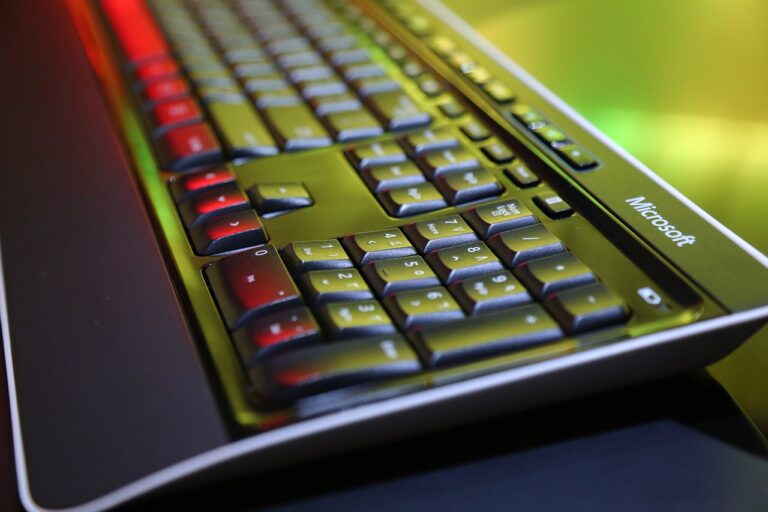The Future of Quantum Computing: Business Opportunities in Digital Art
T20exchange, ReddyAnnaClub: Quantum computing revolutionizes traditional computing by leveraging the principles of quantum mechanics. Unlike classical computing, which uses bits to represent data as ones or zeros, quantum computing uses quantum bits or qubits. Qubits can exist in multiple states simultaneously due to superposition, allowing for more complex computations to be processed in parallel. This parallel processing capability opens up new possibilities for solving complex problems that are infeasible for classical computers.
Another essential concept in quantum computing is entanglement, where the state of one qubit is dependent on the state of another, regardless of the physical distance between them. This phenomenon enables the creation of interconnected systems that can perform calculations at a much faster rate than classical systems. Quantum computing has the potential to significantly impact various industries, such as cryptography, pharmaceuticals, and materials science, by solving problems that were previously considered unsolvable with classical computing methods.
Understanding Quantum Supremacy
Quantum supremacy is a significant milestone in the field of quantum computing. It refers to the point at which a quantum computer can perform a calculation that is practically impossible for classical computers to match. This achievement showcases the immense computational power and capability of quantum systems, highlighting their superiority in solving certain complex problems.
One of the key aspects of quantum supremacy is the demonstration of quantum advantage in solving a specific problem, emphasizing the ability of quantum computers to outperform classical systems in terms of speed and efficiency. This development marks a crucial step towards realizing the full potential of quantum computing, paving the way for groundbreaking advancements in various fields, from cryptography to material science.
• Quantum supremacy is a significant milestone in the field of quantum computing
• It refers to the point at which a quantum computer can perform a calculation that is practically impossible for classical computers to match
• This achievement showcases the immense computational power and capability of quantum systems, highlighting their superiority in solving certain complex problems
• One key aspect of quantum supremacy is demonstrating quantum advantage in solving specific problems
• Quantum computers outperform classical systems in terms of speed and efficiency
• This development marks a crucial step towards realizing the full potential of quantum computing
Impact of Quantum Computing on Digital Art
Digital art has seen a significant evolution in recent years, thanks to advancements in technology. Quantum computing, with its unparalleled processing power and capabilities, is poised to revolutionize the way digital art is created and experienced. By leveraging quantum algorithms and computing power, artists can explore new creative possibilities that were previously unimaginable.
One of the key areas where quantum computing can impact digital art is in the realm of generative art. Generative art relies on algorithms to create artwork, and quantum computing can enhance the complexity and sophistication of these algorithms. This can lead to the creation of artwork that is more intricate, nuanced, and dynamic, pushing the boundaries of what is considered possible in the digital art world.
What is quantum computing?
Quantum computing is a type of computing that uses quantum-mechanical phenomena, such as superposition and entanglement, to perform operations on data.
What is quantum supremacy?
Quantum supremacy is the point at which a quantum computer can perform a task that is beyond the capabilities of even the most powerful classical computer.
How does quantum computing impact digital art?
Quantum computing can potentially revolutionize digital art by enabling artists to create more complex and realistic simulations, generate intricate patterns and designs, and explore new ways of expressing creativity through advanced algorithms.
Can quantum computing enhance the creative process in digital art?
Yes, quantum computing can enhance the creative process in digital art by providing artists with powerful tools for generating unique and innovative artworks, exploring new visual styles, and pushing the boundaries of traditional artistic techniques.
Are there any limitations to using quantum computing in digital art?
One of the limitations of using quantum computing in digital art is the current availability and affordability of quantum computing technology, as it is still in its early stages of development and may not be widely accessible to all artists.




